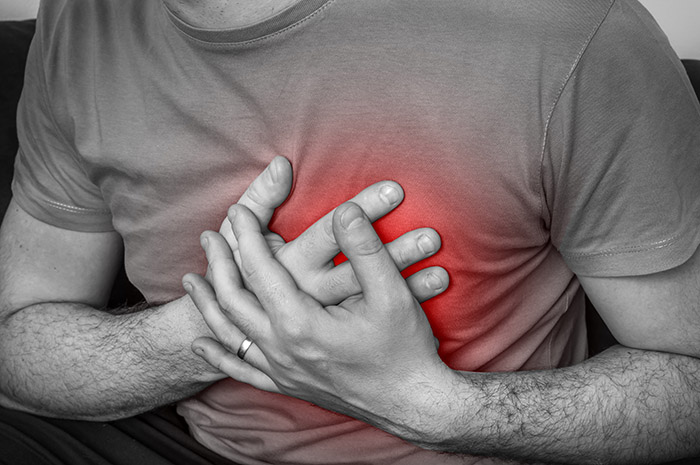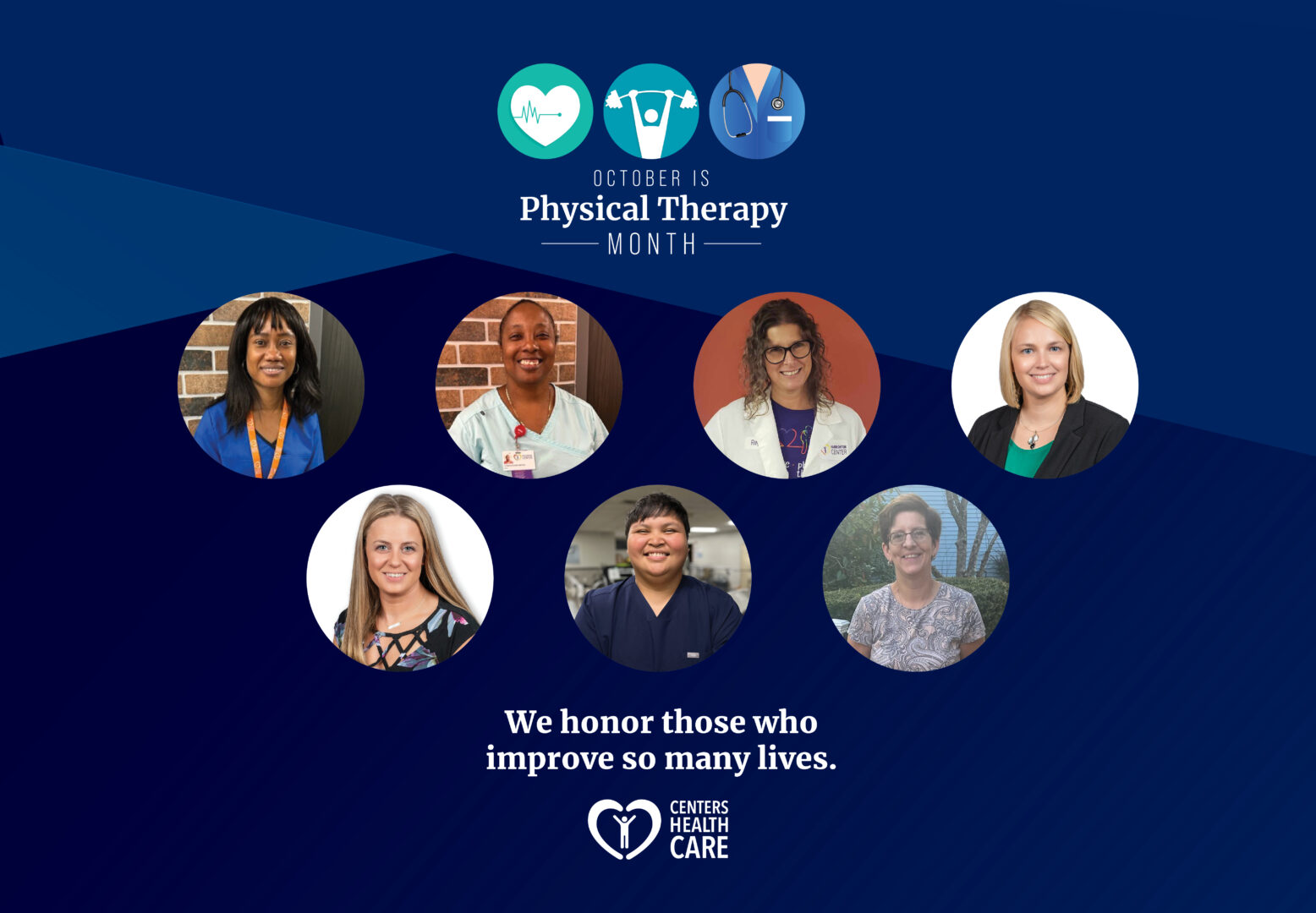Strong Bones: Fall Injury Prevention

Injuries from falls are one of the most common reasons for hospitalizations among seniors, and unfortunately, one study indicates that it will keep getting worse.
Researchers in Hong Kong reported findings that hip fractures will double worldwide by 2050. It’s believed this is due to an aging population but also one that isn’t getting enough calcium and vitamin D as it should.
These are the keys to improving your bone health, which is vital because around 25 to 30% of those who fall and break their hip will die within a year. Centers Health Care has a look at three ways to be sure your bone health is good into your golden years.
- Up Your Calcium Intake
Bone density begins to decrease starting around age 60, but it could happen earlier if you aren’t getting enough calcium. Bones store calcium, so if you’re not getting enough through diet or supplements, your body will start to take it from your bones. Great sources of calcium include all dairy products and fortified foods and drinks like cereal, almond or soy milk, and orange and apple juice. You should aim for three to four servings of calcium per day.
- Make Sure You’re Not Vitamin D Deficient
Many people equate calcium with vitamin D, but they are different, and many people are deficient in vitamin D. You can get enough if you spend 30 minutes in the sun four or five times a week, but you may need to supplement in the fall and winter in colder climates like upstate New York. Dairy products and fortified juices are also high in vitamin D, as are fish like salmon and sardines.
- Exercise
Experts recommend \"weight-bearing exercise\" to maintain bone health. Be careful, however, because this doesn’t mean lifting heavy weights. Instead, it means exercises that bear your weight, such as walking and running. In addition to maintaining bone health, these exercises also improve strength, coordination, and balance—all attributes that can reduce your risk of falling.


